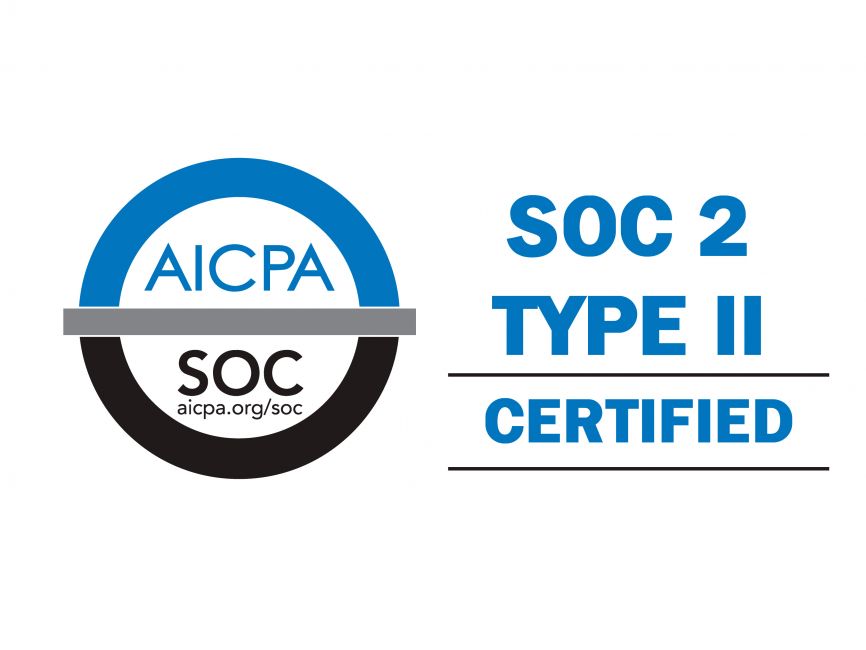Patient engagement is a cornerstone of quality care delivery in the ever-evolving healthcare landscape. Defined as the involvement of patients in their healthcare journey, patient engagement encompasses a range of activities aimed at promoting active participation, shared decision-making, and collaborative care planning between patients and healthcare providers. At American Exchange, we recognize the critical importance of patient engagement in achieving positive health outcomes and enhancing the overall patient experience. In this blog post, we’ll explore the significance of patient engagement in healthcare and provide strategies for healthcare providers to maximize patient engagement and empowerment.
Patient engagement is not merely a buzzword but a fundamental principle underpinning patient-centered care and driving better health outcomes. Engaged patients will likely adhere to treatment plans, participate in preventive care, and take ownership of their health decisions. Moreover, research has shown that engaged patients report higher satisfaction with their care experiences and are more likely to achieve positive health outcomes than their less engaged counterparts.
Patient engagement has been linked to improved healthcare outcomes, reduced hospital readmissions, and lower healthcare costs. By actively involving patients in their care, healthcare providers can better understand their unique needs, preferences, and goals, leading to more personalized and effective treatment plans.
To maximize patient engagement in healthcare, healthcare providers can implement various strategies to promote communication, education, and empowerment. Here are some key strategies for enhancing patient engagement:
- Leverage Technology for Patient Communication: Embrace technology tools such as patient portals, mobile apps, and secure messaging platforms to facilitate communication between patients and providers. These tools enable patients to access their health information, communicate with their care team, schedule appointments, and refill prescriptions conveniently from their smartphones or computers.
- Promote Health Literacy: Educate patients about their health conditions, treatment options, and self-care practices to empower them to make informed decisions about their health. Use clear, jargon-free language and provide educational materials in multiple formats (e.g., written, visual, audio) to accommodate different learning preferences.
- Foster Collaborative Decision-Making: Engage patients as active partners in their care by involving them in shared decision-making processes. Encourage patients to ask questions, express their preferences, and share their goals and concerns with their healthcare team. Collaboratively develop treatment plans that align with patients’ values, preferences, and lifestyle factors.
- Provide Support and Resources: Offer resources and support services to help patients navigate the complexities of the healthcare system and manage their health effectively. This may include access to patient navigators, support groups, community resources, and educational programs tailored to patients’ needs and preferences.
- Solicit Feedback and Continuous Improvement: Seek patient feedback about their care experiences, preferences, and challenges. Use patient feedback to identify areas for improvement and implement changes to enhance the patient experience and promote patient engagement.
By implementing these strategies, healthcare providers can empower patients to participate actively in their care, leading to improved health outcomes, enhanced patient satisfaction, and a more patient-centered healthcare experience.
Maximizing patient engagement is essential for delivering high-quality, patient-centered care in today’s healthcare landscape. By implementing strategies to enhance communication, promote health literacy, and foster collaborative decision-making, healthcare providers can empower patients to take an active role in their care journey, leading to improved health outcomes and patient satisfaction. At American Exchange, we’re committed to promoting patient engagement and empowerment as integral components of our mission to deliver exceptional healthcare experiences for all.

